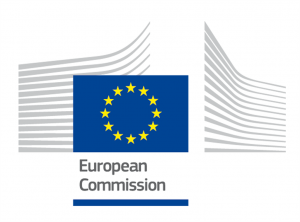About
Disasters, including health emergencies, pose enormous strains on the response capacities of cities, countries, and the European Union (EU), compounding their multiple intersecting climatic, political, economic, and social challenges. Examples of disasters affecting Europe range from extreme weather events, epidemics catalyzed by arboviral and other zoonotic diseases, food and water insecurity, major socio-technical disasters and industrial accidents, to conflicts and war. Although the occurrence of such disasters in Europe is relatively low, their risks and consequences increasingly transcend national frontiers, and they can have enormous transboundary impacts on the health and well-being of European citizens.
The climate crisis is expected to generate more natural and human-induced crises and health emergencies, with a consequent loss of hundreds of thousands of lives, affecting millions of people and provoking millions of euros in losses across Europe. The short and long-term health consequences of disasters are not evenly shouldered by all members of society. Sonar-Cities will therefore address groups disproportionally affected by these emergencies and experiencing unequal access to health information, care and support (e.g. people with low-income, older people and youth, women and nonbinary gender groups, people living with disabilities and/or chronic physical or mental health conditions). Their active participation in pandemic and disaster preparedness is needed to generate genuinely citizen-centered disaster management.
The Sonar-Cities project coordinated by the AEE unit Head is a multi-stakeholder participatory, synergistic research-action to render Europe’s cities more resilient in the face of emergencies and health disasters. Sonar-Cities will co-create and implement a toolset containing community-based tools for multiple publics and stakeholders: people facing vulnerabilities; citizens engaging with these vulnerable groups; first responders and decisionmakers seeking more inclusive crisis preparedness and response. Collaborating with CSOs for people with vulnerabilities, first responders, and municipal authorities, we will strengthen inclusivity in risk management, enhance preparedness, and reduce health risks posed by these emergencies.




